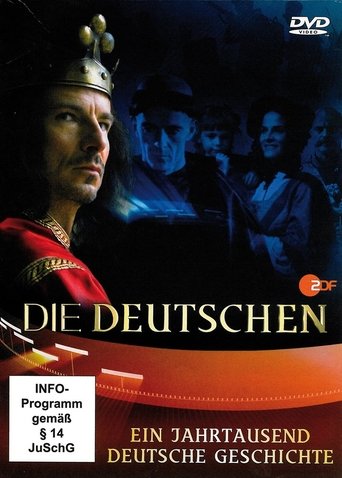
Die Deutschen (2008)
Die Deutschen is a German television documentary produced for ZDF that first aired from October to November 2008. Each episode recounts a selected epoch of German history, beginning with the reign of Otto the Great and ending with the collapse of the German Empire at the end of the First World War. In November 2010 the second season of Die Deutschen was published in German television, beginning with Charlemagne, the Frankish King, and ending with Gustav Stresemann, the Chancellor and Foreign Minister during the Weimar Republic. Historical events are recreated through a combination of live action scenes and computer generated animations. The series was filmed at over 200 different locations in Germany, Malta, and Romania at a cost of approximately €500,000 per episode.
-
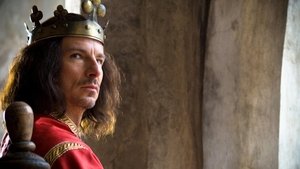
Episode 1 - Otto and the Empire
Release Date: 2008-10-26The birth of the Germans. In the struggle of the German tribes against the Hungarians, something like a sense of community emerged under the leadership of King Otto I. By obtaining the imperial dignity, he laid the foundation for a unique system of rule.
-
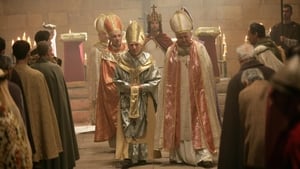
Episode 2 - Heinrich and the Pope
Release Date: 2008-10-28The walk to Canossa. It is a power struggle such as has never been seen before: King versus Pope. Who is the stronger? It is about power in the kingdom of the Germans and in the Christian West - and about a unique gesture, the like of which has not been seen since: Henry IV's "Walk to Canossa.
-
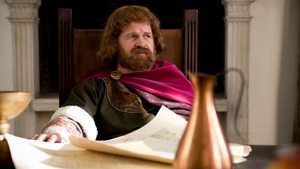
Episode 3 - Barbarossa and the Lion
Release Date: 2008-11-02Rivalry in the family. He is the king of the Germans and wants to rule over the Occident as emperor: the Staufer Frederick Barbarossa. His empire extends as far as southern Italy. But his rule is disputed. Powerful rivals challenge the monarch - including his former ally Henry the Lion.
-
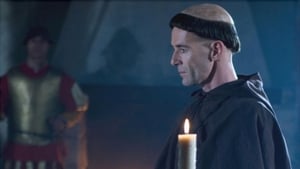
Episode 4 - Luther and the Nation
Release Date: 2008-11-04The reformer and promoter of the German language. At first, he was just a simple monk, a doubting and struggling theologian. He became an epochal figure who united and divided Germans like no other before - without meaning to: Martin Luther.
-
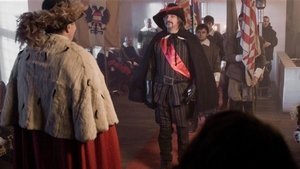
Episode 5 - Wallenstein and the War
Release Date: 2008-11-09Genius commander or traitor? It is a battle for religious and political supremacy in the empire and in Europe: Catholics against Protestants. One man is to defeat the supporters of the Reformation for the emperor: the general Albrecht von Wallenstein.
-
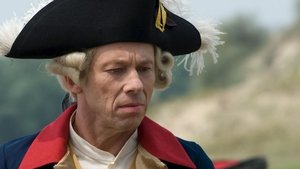
Episode 6 - Frederick the Great and the Empress
Release Date: 2008-11-11Duel between Prussia and Austria. After the Thirty Years' War, the Holy Roman Empire of the German Nation resembled a territorial puzzle. In the absence of a central power, new powers emerged on the periphery: Prussia and Austria.
-
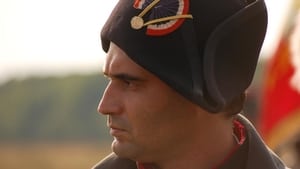
Episode 7 - Napoleon and the Germans
Release Date: 2008-11-16Between freedom and repression. It is a foreign emperor, of all people, who catapults Germany into a national era: France's ruler of the century, Napoleon. His conquests and reforms brought the Germans closer together than ever before. What he succeeds in doing, no one had achieved before: the political awakening of the "German nation.
-
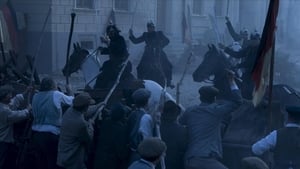
Episode 8 - Robert Blum and the Revolution
Release Date: 2008-11-18An unknown hero. A revolution - in Germany? And by no means, as Lenin later smugly told the Germans, with a proper platform ticket in their pocket! In March 1848, good subjects became determined barricade fighters.
-
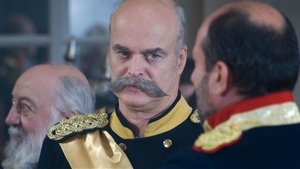
Episode 9 - Bismarck and the German Empire
Release Date: 2008-11-23From Small-State Fighter to National Fighter. After the revolution of 1848, the unsuccessful attempt at "unity from below" now came "unity from above. Prussian Prime Minister Otto von Bismarck paved the way for the first German nation state.
-
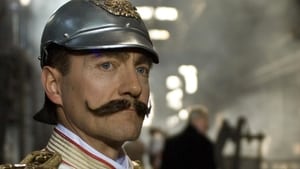
Episode 10 - Wilhelm and the World
Release Date: 2008-11-25A monarch between megalomania and depression. The German Empire at the beginning of the 20th century: too small to rule over others and too big for the balance of power in Europe. Kaiser Wilhelm II wanted to be a world power.
